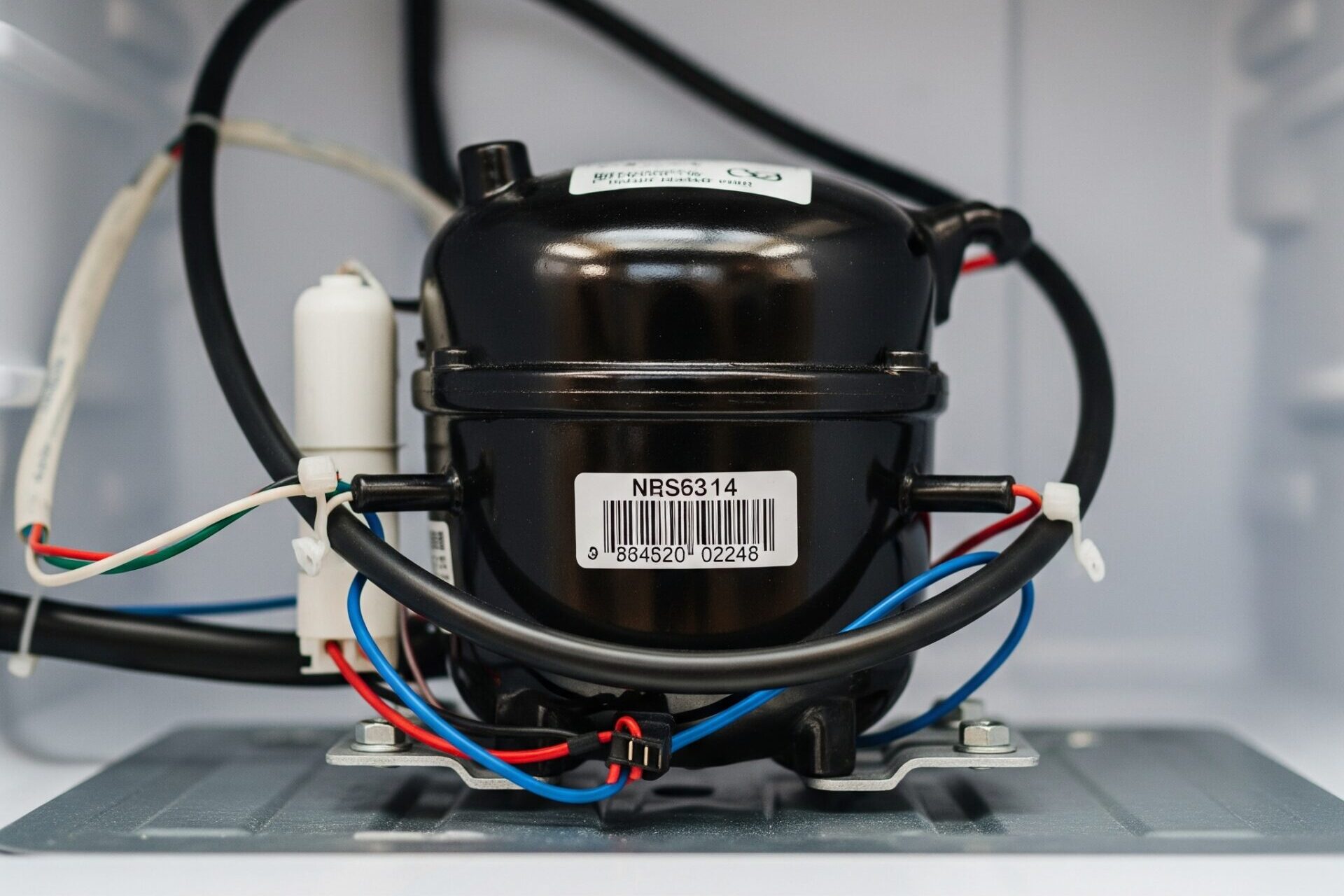
Question: How Long Should a Compressor Last on a Refrigerator?
Answer: A refrigerator compressor should last 10-20 years. Proper maintenance, like cleaning condenser coils, can extend its lifespan.
Understanding Refrigerator Compressor Lifespan
Refrigerators represent a significant investment for any household. Their dependable operation is essential for food preservation and preventing spoilage. A key component within a refrigerator is the compressor, responsible for circulating refrigerant and maintaining a cool temperature. A malfunctioning compressor can disrupt this process, leading to food spoilage and costly repairs. Understanding the expected lifespan of a refrigerator compressor helps homeowners anticipate potential issues and make informed decisions regarding maintenance and replacement.
This article explores various factors influencing a it’s longevity, offering practical advice for extending its operational life. We aim to provide a clear and concise guide to this crucial appliance component, answering common questions and empowering readers to make the best decisions for their household needs. You’ll learn practical tips for ensuring your compressor stays in optimal condition.
We’ll discuss common signs of compressor failure and steps you can take if your compressor needs replacing. Whether you’re troubleshooting an existing issue or simply planning, this guide will offer valuable insights into refrigerator compressor lifespans.
Factors Affecting Compressor Lifespan
Several factors influence the lifespan of a refrigerator compressor. Usage frequency and intensity play a significant role. Refrigerators operating constantly in hot environments experience increased stress, potentially shortening the compressor’s life. Proper maintenance, including regular cleaning of condenser coils, helps ensure efficient operation and extends the compressor’s lifespan.
The refrigerator’s brand and model also contribute to compressor longevity. Some manufacturers produce more durable compressors than others. Build quality and materials used in the compressor’s construction directly impact its lifespan. External factors, such as power surges and unstable voltage, can also damage the compressor.
Click here for more information on cabinet refacing near me Toronto
Related Article: How Do You Know if Your Fridge Compressor Is Gone?
Related Article: What Is the Lifespan of a Good Refrigerator?
Signs of a Failing Compressor
Recognizing signs of a failing compressor can save you time and money on costly repairs. One common indicator is inadequate cooling. If your refrigerator struggles to maintain a low temperature, the compressor might be failing. Unusual noises, such as clicking, humming, or grinding from the back of the refrigerator, signal potential compressor problems.
Frequent cycling, where the compressor turns on and off more often than usual, suggests a potential issue. Warmth near the compressor, located at the back of the refrigerator, can indicate overheating or malfunction. If you notice any of these signs, consult a qualified appliance technician for diagnosis and repair.
Related Article: Is It Cheaper To Buy a New Fridge or Replace the Compressor?
Extending the Life of Your Refrigerator Compressor
You can take several steps to extend the lifespan of your compressor. Regularly clean the condenser coils located on the back or underneath the refrigerator. Dust and debris accumulation restricts airflow, forcing the compressor to work harder. Cleaning these coils improves efficiency and reduces strain on the compressor.
Ensure adequate ventilation around the refrigerator. Proper airflow prevents overheating, a common cause of compressor failure. Avoid overloading the refrigerator. Overfilling hinders proper air circulation, stressing the compressor. Check the door seals regularly for proper sealing. Faulty seals lead to cool air loss, forcing the compressor to run more frequently.
Replacing a Refrigerator Compressor
Replacing a compressor is a complex and costly repair. In many cases, purchasing a new refrigerator is more cost-effective, especially for older models. The cost of a new compressor plus labour can approach the price of a new refrigerator. Weigh the costs and benefits carefully before deciding to replace a compressor.
If your refrigerator is relatively new and otherwise functioning well, replacing the compressor might be a viable option. Consult a qualified appliance repair technician for an accurate assessment and cost estimate. They can help you determine the most economical solution.
Conclusion
A refrigerator compressor’s lifespan typically ranges from 10 to 20 years, influenced by several factors like usage, maintenance, and build quality. Regular cleaning, proper ventilation, and avoiding overloading contribute to a longer lifespan. Recognizing signs of a failing compressor, such as inadequate cooling and unusual noises, allows for timely intervention. Extending the life of your compressor involves proactive measures like cleaning condenser coils and ensuring proper airflow.
While extending the life of your compressor is valuable, replacing it often proves less cost-effective than purchasing a new refrigerator, especially for older models. By understanding these factors and implementing these tips, you can maintain your refrigerator’s efficiency and prolong the life of its compressor, saving money on energy bills and potential repairs.

Blue Malue Get in touch with Blue here.
